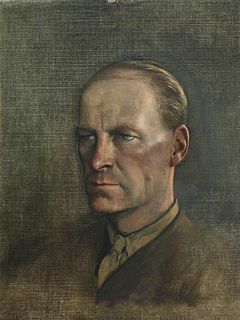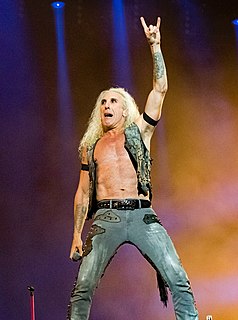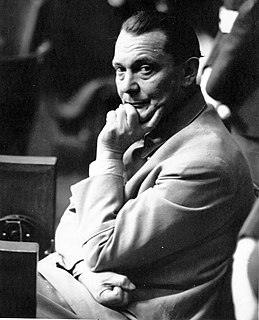A Quote by Noam Chomsky
My memory - faded, as I say - is that Paul Johnson was trying to vilify all intellectuals who were at all critical of the states he worships, and of power generally (except, of course, the power of enemies, which we must denounce, imitating the commissars who are his models, though he doesn't understand it).
Related Quotes
Western intellectuals, and also Third World intellectuals, were attracted to the Bolshevik counter-revolution because Leninism is, after all, a doctrine which says that the radical intelligentsia have a right to take state power and to run their countries by force, and that is an idea which is rather appealing to intellectuals.
The comparison between Coleridge and Johnson is obvious in so far as each held sway chiefly by the power of his tongue. The difference between their methods is so marked that it is tempting, but also unnecessary, to judge one to be inferior to the other. Johnson was robust, combative, and concrete; Coleridge was the opposite. The contrast was perhaps in his mind when he said of Johnson: "his bow-wow manner must have had a good deal to do with the effect produced.
Overt intelligent performances are not clues to the workings of minds; they are those workings. Boswell described Johnson's mind when he described how he wrote, talked, ate, fidgeted and fumed. His description was, of course, incomplete, since there were notoriously some thoughts which Johnson kept carefully to himself and there must have been many dreams, daydreams and silent babblings which only Johnson could have recorded and only a James Joyce would wish him to have recorded.
Let no one ever shy away from the claim that Jews have power, that Jews have influence. We have learned the terrible lesson of history; that unless we have influence and power, disproportionate to our small numbers - immoral results will occur. We need power. And we must continue to use our power. Power which we earned, power which no one gave us on a silver platter, power which we worked hard for - use that power in the interests of justice.
The "prophets" were what we would call dissident intellectuals. They provided critical geopolitical analysis, condemned the crimes of the powerful, called for justice and mercy for those who needed help, etc. I wouldn't personally endorse everything they said, any more than I would for critics of power and its crimes today. But rather generally I think they played an honorable role - and suffered accordingly.
When I stand up to talk, people listen to me; they will follow what I have to say. Is it any power of mine? Of course not. St. Paul says, 'What have you that you have not received and you who have received, why do you glory as if you had not?' But the secret of my power is that I have never in fifty-five years missed spending an hour in the presence of our Lord in the Blessed Sacrament. That's where the power comes from. That's where sermons are born. That's where every good thought is conceived.
Whether it comes from a despotic sovereign or an elected president, from a murderous general or a beloved leader, I see power as an inhuman and hateful phenomen. To the same degree that I do not understand power, I do understand those who oppose power, who criticize power, who contest power, especially those who rebel against power imposed by brutality.
Power corresponds to the human ability not just to act but to act in concert. Power is never the property of an individual; it belongs to a group and remains in existence only so long as the group keeps together. When we say of somebody that he is 'in power' we actually refer to his being empowered by a certain number of people to act in their name. The moment the group, from which the power originated to begin with ... disappears, 'his power' also vanishes.
It is not the truth of Marxism that explains the willingness of intellectuals to believe it, but the power that it confers on intellectuals, in their attempts to control the world. And since, as Swift says, it is futile to reason someone out of a thing that he was not reasoned into, we can conclude that Marxism owes its remarkable power to survive every criticism to the fact that it is not a truth-directed but a power-directed system of thought.




































